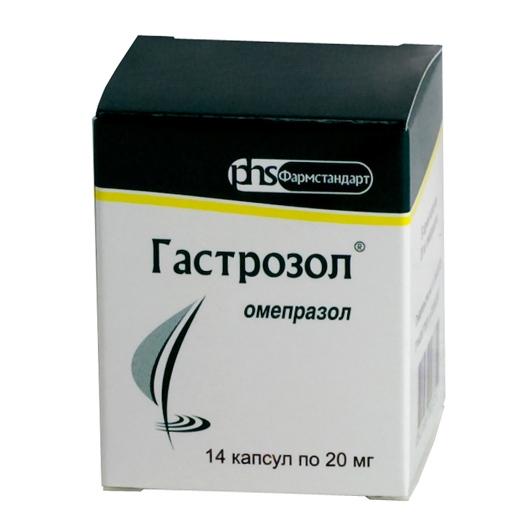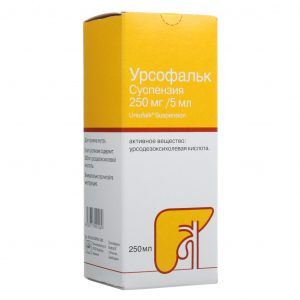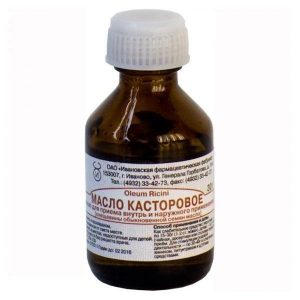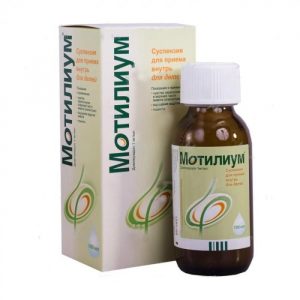Description
Release form
Capsules
Packing
14 pcs
Pharmacological action
Gastrozole – antiulcer.
Inhibits H + K + ATPase (proton pump) in the parietal cells of the stomach and blocks the final stage of basal and stimulated secretion of hydrochloric acid.
Pharmacodynamics
It easily penetrates the cells of the gastric mucosa and has a cytoprotective effect. Admission at a dose of 20 mg maintains the pH value up to 3 for 16 hours, the effect lasts 24 hours. It has an anti-helicobacter effect: it exhibits a bactericidal effect due to the accumulation of ammonia in the antrum of the stomach and increases the number of vegetative forms, which are mainly affected by antibiotics, in the fundus .
Pharmacokinetics
Quickly and completely absorbed from the gastrointestinal tract (food intake does not affect the speed). Cmax after a single dose of 40 mg is reached after 2-3 hours. In the blood, 95% binds to plasma proteins. Almost completely biotransformed in the liver and excreted in the urine in the form of metabolites. T1 / 2 – 0.5-3 hours.
Contraindications
Hypersensitivity.
Use during pregnancy and lactation
The drug is contraindicated in pregnancy and lactation (breastfeeding).
Composition
1 capsule contains:
Active ingredient:
omeprazole 20 mg
Excipients:
mannitol,
sucrose,
sodium lauryl sulfate,
sodium hydrogen phosphate (d) hydrogen phosphate (d) phosphate (d)
calcium carbonate,
lactose,
hypromellose (hydroxypropyl methylcellulose),
methacrylic acid and ethyl acrylate copolymer (methacrylic acid copolymer L30D),
propylene glycol,
diethyl phthlate sodium srd, srd, srd, srd, srd
povidone (polyvinylpyrrolidone),
titanium dioxide,
talc
Composition of capsule body and lid:
iron oxide red (E172),
titanium dioxide (E171),
methyl parahydroxybenzohydroxybenzoate
gelatin
or iron oxide red (E172),
titanium dioxide (E171),
gelatin.
Dosage and administration
Inside, in the morning, on an empty stomach, do not chewWash and drink with a small amount of liquid.
With exacerbation of peptic ulcer of the stomach and duodenum – 20 mg once a day, if necessary, the dose can be increased to 40 mg once a day. The duration of treatment is from 4 (in patients with a duodenal ulcer) to 8 weeks (in patients with a stomach ulcer). With poor healing of the ulcer, it is recommended to prescribe the drug for another 4 weeks.
For the prevention of relapse of gastric ulcer and duodenal ulcer – 20-40 mg (if necessary) 1 time per day.
With reflux esophagitis – 20 40 mg once a day for 4 12 weeks.
With Zollinger-Ellison syndrome, the dose is set individually. The recommended starting dose is 60 mg once daily. A dose exceeding 80 mg / day should be divided into 2 doses (every 12 hours), a dose of more than 120 mg – into 3 doses.
For the prevention of acid aspiration – 40 mg in the evening before surgery and 40 mg 1 4 hours before the procedure.
Treatment of erosive and ulcerative lesions caused by NSAIDs – 20 mg once a day for 4 weeks, if necessary, treatment can be continued for another 4 weeks. For the prevention of relapse, maintenance therapy at a dose of 20 mg is recommended.
With peptic ulcer associated with Helicobacter pylori there are several combination therapy regimens (triple or double):
20 mg gastrozole, 1 g amoxicillin and 500 mg clarithromycin 2 times a day for 1 week
20 mg gastrozole, 250 mg of clarithromycin and 400 mg of metronidazole 2 times a day for 1 week
40 mg of gastrozole, 500 mg of amoxicillin and 400 mg of metronidazole 3 times a day for 1 week
20-40 mg of gastrozole 1 time per day 500 mg of clarithromycin 3 times a day and 0.75 1 g of amoxicillin 2 times a day for 2 weeks
40 mg of gastrozole and 750 mg of amoxicillin 2 times a day for 2 weeks.
For patients with impaired liver function, the maximum daily dose is 20 mg.
Side effects
From the nervous system and sensory organs: dizziness, headache, agitation, depression.
From the cardiovascular system and blood (hematopoiesis, hemostasis): leukemia, thrombocytopenia, agranulocytosis.
From the digestive tract: dry mouth, nausea, vomiting, abdominal pain, flatulence, diarrhea or constipation, increased activity of hepatic transaminases.
From the musculoskeletal system: arthralgia, myalgia.
From the skin: photosensitivity, alopecia, erythema multiforme.
Allergic reactions: urticaria, skin rash.
The drug interaction of
strozol may reduce the absorption of ampicillin esters, salts of iron, itraconazole and ketoconazole, b. omeprazole increases the pH of the stomach.
Being an inhibitor of cytochrome P450 isoenzymes, omeprazole may increase blood plasma concentrations and reduce the excretion of diazepam, indirect-acting anticoagulants, phenytoin (drugs metabolised by the liver with CYP2C19 involvement), which in some cases may require a decrease.
With prolonged use of omeprazole at a dose of 20 mg 1 time / day. in combination with caffeine, theophylline, piroxicam, diclofenac, naproxen, metoprolol, propranol, ethanol, cyclosporine, quinidine and estradiol did not change their plasma concentration.
Gastrozole enhances the inhibitory effect on the hematopoietic system of other drugs.
There has been no interaction of omeprazole with concurrent antacids.
Overdose
Symptoms: confusion, blurred vision, drowsiness, dry mouth, headache, nausea, tachycardia, arrhythmia.
Treatment: carrying out symptomatic therapy. Hemodialysis is not effective enough.
Storage conditions
Store in a dry, a place protected from light at a temperature of no higher than 25 ° C.
Shelf suitability
3 Year
Pharmacy terms
Prescription
Lecars vennaya form
capsule dosage form
Pharmstandard-Leksredstva Russia




